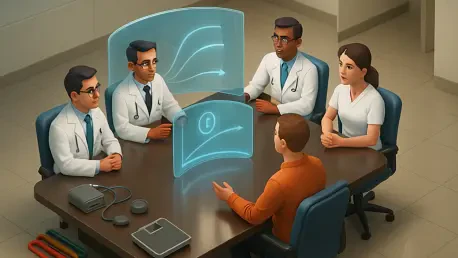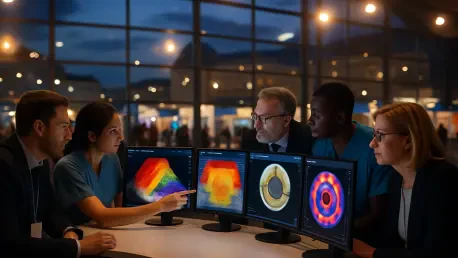
Ivan Kairatov has spent years at the crossroads of oncology and drug development, translating trial signals into day-to-day decisions for patients with localized prostate cancer. In this conversation, he unpacks new evidence showing that most of the value from androgen deprivation therapy (ADT)

Rising demand, tighter budgets, and complex patients have pushed cardiovascular imaging from supporting act to central protagonist, and that shift is on full display in Vienna as echo, CMR, CT, and nuclear cardiology share one stage from December 11–13. Congress organizers set a clear purpose:

I'm thrilled to be speaking with Ivan Kairatov, a renowned biopharma expert whose extensive experience in research and development has positioned him at the forefront of cutting-edge cancer treatment technologies. Today, we’ll dive into the groundbreaking work on nanodots made from molybdenum

Every three minutes somewhere in the world, a person with type 1 diabetes calculates a dose of insulin and still lives with the nagging reality that even perfect math will not reproduce the split-second precision of native β-cells. Clinicians point to the autoimmune destruction that erased those

Jan Kaiserle sits down with Ivan Kairatov, a biopharma expert deeply versed in molecular therapeutics and translational research, to discuss a new approach to overcoming treatment resistance in neuroblastoma. Drawing on work published in Science Advances in 2025, Kairatov explains how a failed

In a world where neurological disorders affect millions globally, the urgency for faster, more accurate diagnoses has never been greater, with conditions like stroke and epilepsy often requiring split-second decisions to save lives or prevent irreversible damage. Artificial Intelligence (AI) has